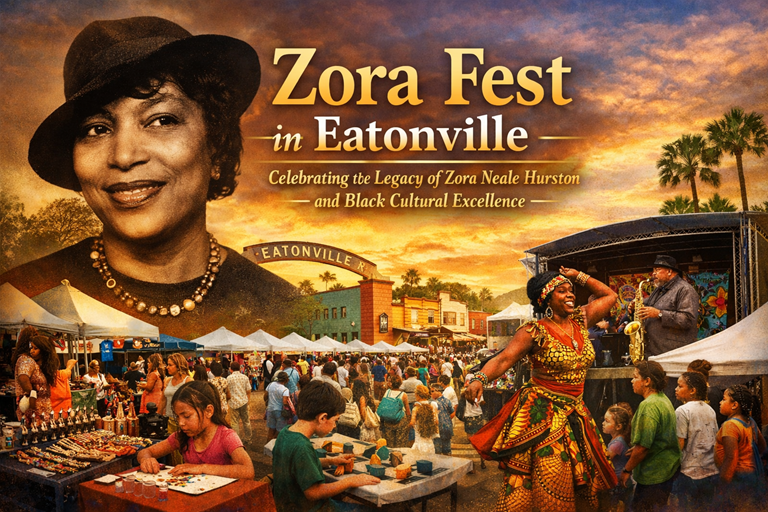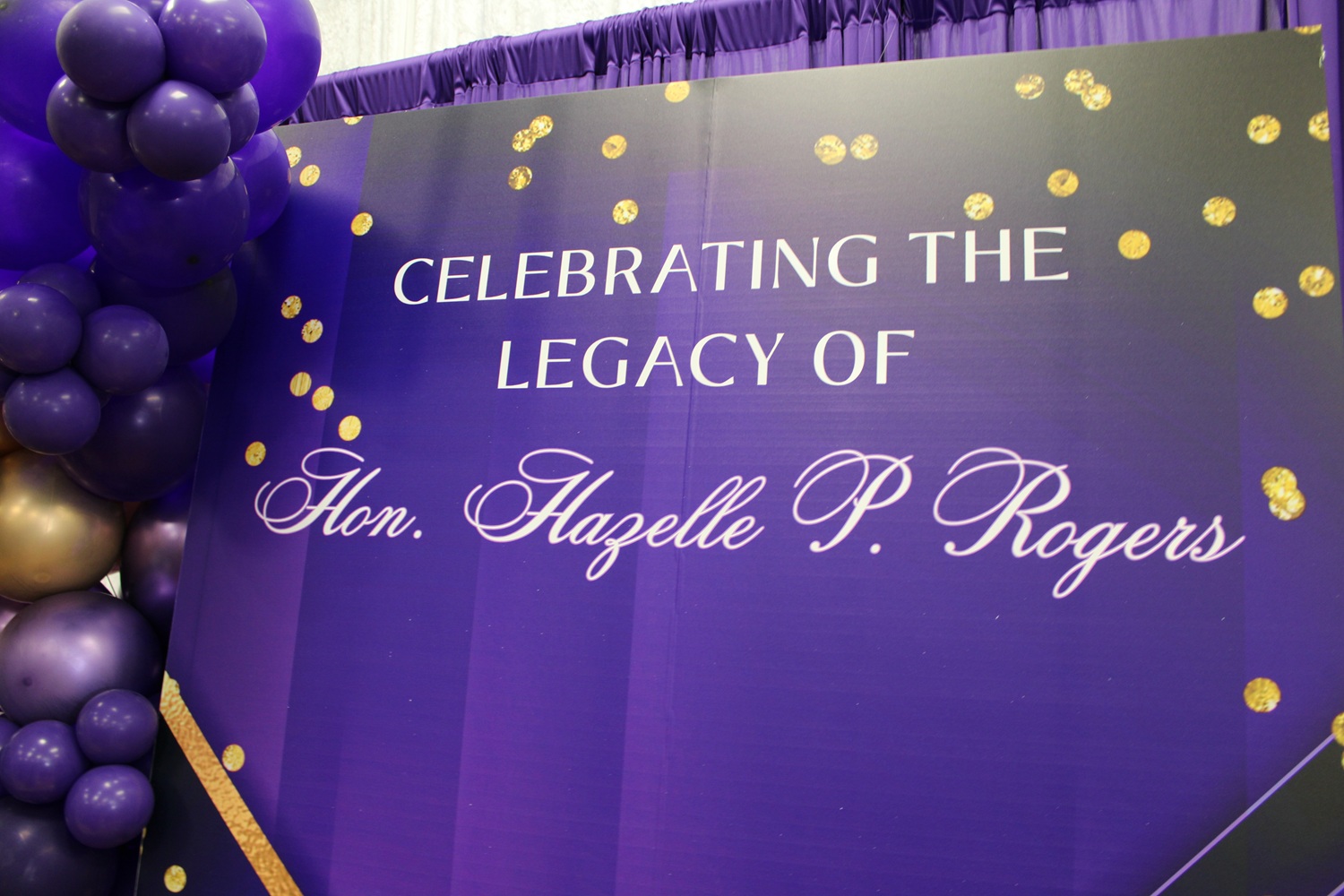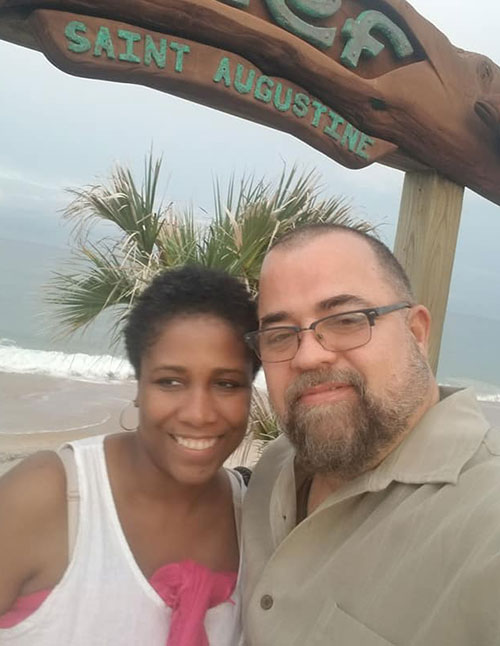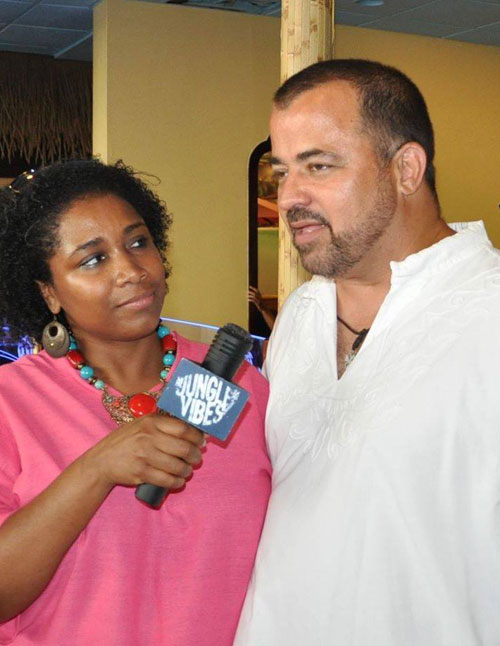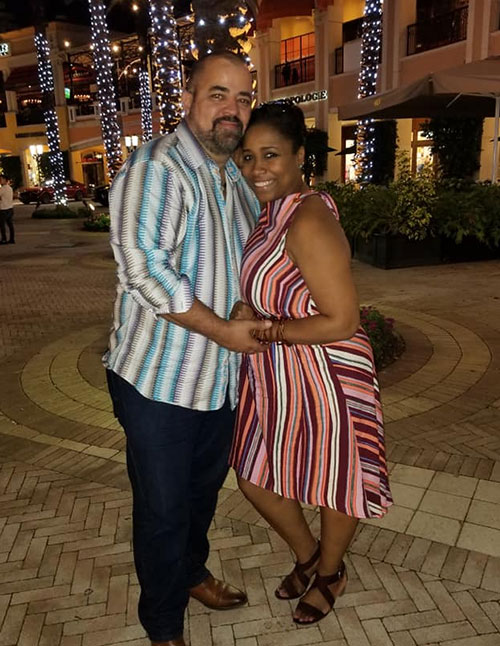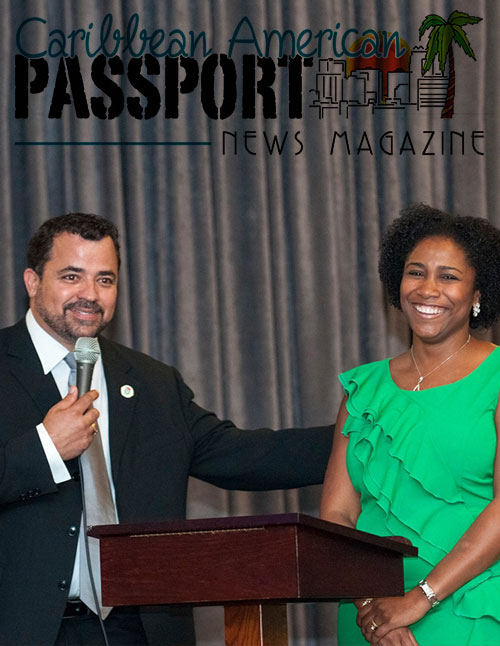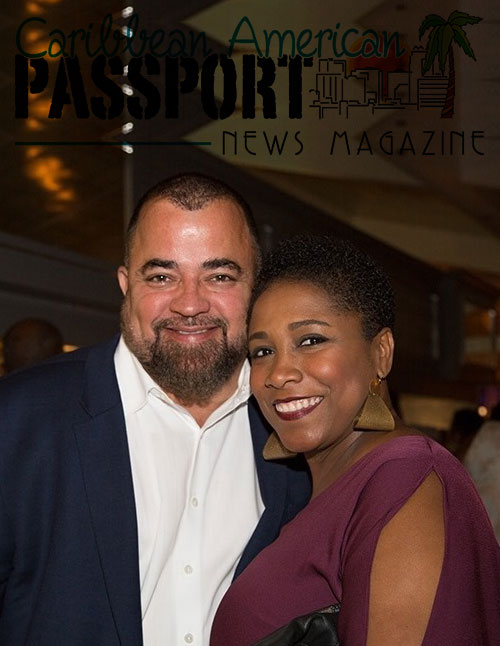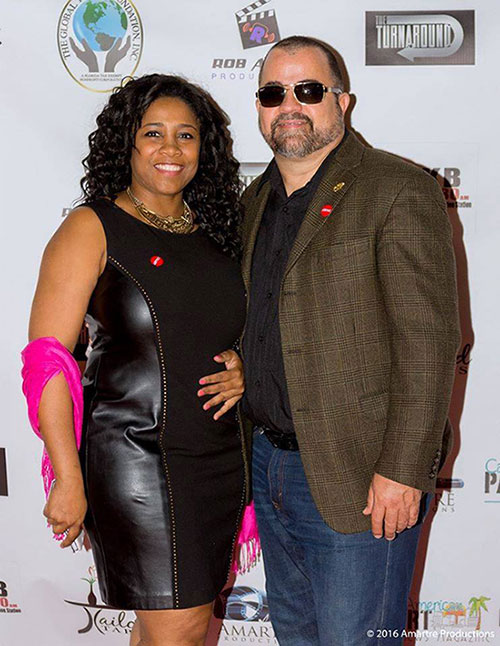An exhibition aimed at "decolonising" historical artefacts has opened in Bristol.
Artist Jessica Ashman has been working with Bristol Museum & Art Gallery's collection, researching archives and exploring specimens.
She has produced a new art installation, called "Those that do not smile will kill me: Decolonising Jamaican Flora".
Ms Ashman said: "It's about addressing these ignored histories, or stories which are attached to how an object was collected or who it originally belonged to, because, when you collect these objects from these institutions or acquire these objects somehow, they're ripped away from their true meaning."
The exhibition is part of the University of the Arts London’s (UAL) 20/20 commissioning programme, which pairs 20 artists of colour with 20 museums across the country, fostering unique collaborations and artistic expressions.
Jessica Ashman is a BAFTA in Scotland award winning animator, artist, director and arts educator.
Ashman found a natural pairing with Bristol Museum & Art Gallery because of her interest in the Carnival histories of the Black British community and the growing connections of Black British people to the natural world. Her exhibition is an immersive installation featuring paintings on silk, acrylic sculptures, soundscapes, performances and moving images.
“I hope my exhibition really provokes thought and discussion on the people who often are behind the history of botanical sciences. My time researching in Bristol Museum & Art Gallery’s collection felt like a constant quest to find the stories of these people (some of whom were probably my ancestors) who are ‘missing’ in the archive, but I soon realised that I would have to be the one to bring out these narratives in my work.”
Ashman's journey into this project was inspired by her discovery of letters from Scottish Pharmacist John Small in the British Empire and Commonwealth Collection (BECC) in 2023. In these letters, Small describes Jamaica in the 1800s as a “land of milk and honey,” highlighting its natural resources. However, Jessica emphasises that this portrayal of paradise starkly contrasts with the reality faced by enslaved and indentured people of the time.







